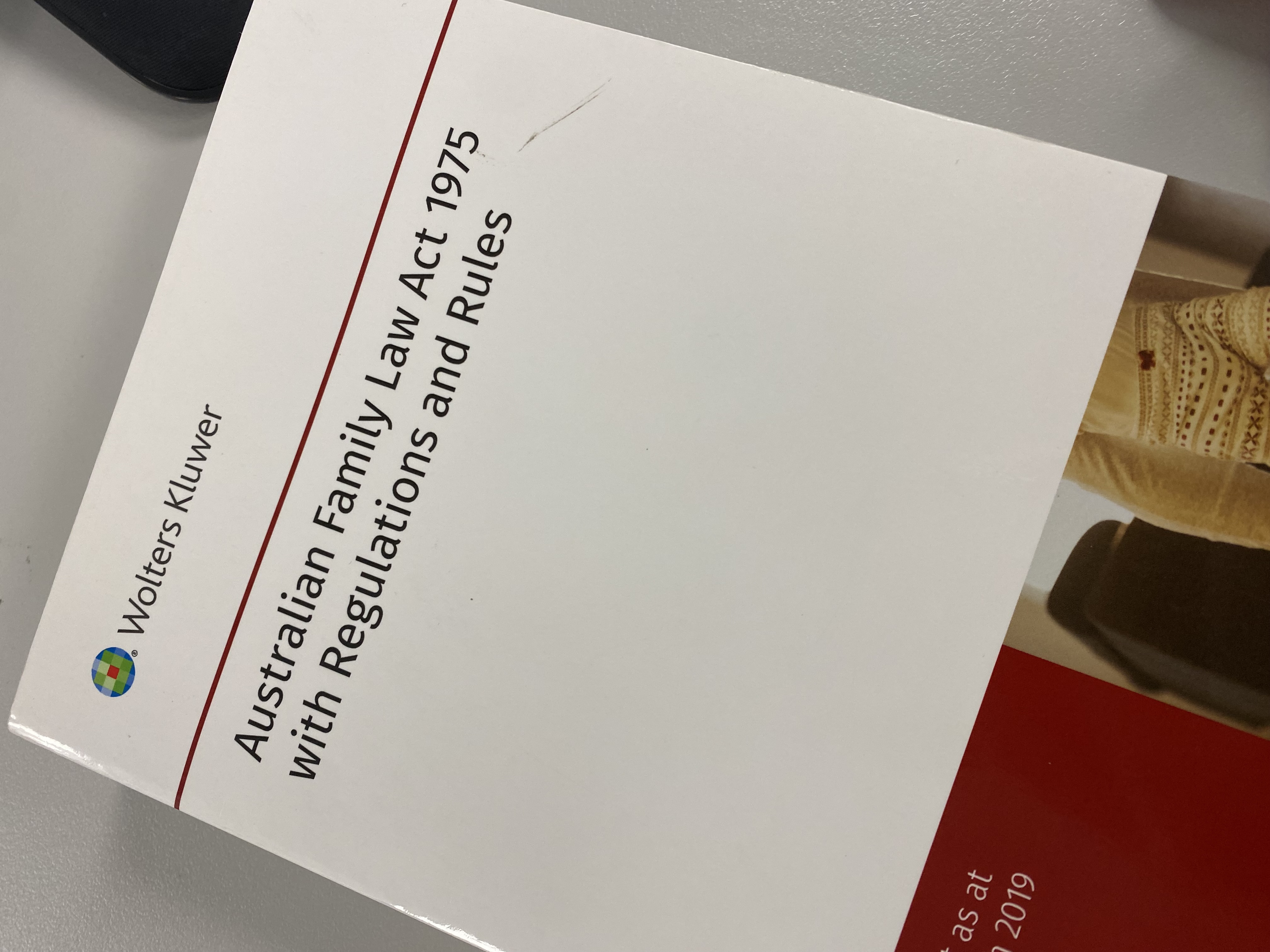
On 6 May 2024 changes to the Family Law Act 1975 will come into effect. One of the central aspects of the amendments is an emphasis on promoting the welfare of children in family law proceedings. The changes made simplify the list of “best interest factors” the court must consider when determining parenting arrangements, as well as removing the presumption of equal shared parental responsibility and associated equal time considerations.
Simplifying the “best interests of the child” considerations
Currently, the court must consider 15 factors when determining what care arrangements are in the child’s best interests.
The amendments result in a shorter list of 6 considerations, which include the following:
- What arrangements would promote the safety (including safety from family violence, abuse, neglect, or other harm) of:
- the child, and
- each person who has care of the child (whether or not a person has parental responsibility for the child);
- Any views expressed by the child;
- The developmental, psychological, emotional and cultural needs of the child;
- The capacity of each person who has or is proposed to have parental responsibility for the child to provide for the child’s developmental, psychological, emotional and cultural needs;
- The benefit to the child of being able to have a relationship with the child’s parents, and other people who are significant to the child, where it is safe to do so; and
- Anything else that is relevant to the particular circumstances of the child.
Alongside the above considerations, the court must also have regard to:
- Any history of family violence, abuse or neglect involving the child or a person caring for the child (whether or not the person had parental responsibility for the child);
- Any family violence order that applies or has applied to the child or a member of the child’s family; and
- If the child is an Aboriginal or Torres Strait Islander child:
- The child’s right to enjoy the child’s Aboriginal or Torres Strait Islander culture by having the support, opportunity and encouragement necessary:
- to connect with and maintain their connection with members of their family and with their community, culture, country and language;
- to explore the full extent of that culture, consistent with the child’s age and developmental level and the child’s views;
- to develop a positive appreciation of that culture; and
- The child’s right to enjoy the child’s Aboriginal or Torres Strait Islander culture by having the support, opportunity and encouragement necessary:
- The likely impact any proposed parenting order will have on that right.
Changes to parental responsibility
Parental responsibility refers to a parents' responsibility to make important, long-term decisions about a child’s welfare and development, which include living arrangements, education, healthcare, and religious and cultural upbringing.
Currently, section 61DA of the Family Law Act 1975 provides for a presumption that parents should have equal shared parental responsibility of the child, which is often conflated with section 65DAA providing consideration of equal time. However, equal shared parental responsibility does not necessarily mean equal time or equal division of the child's time between the parents. It primarily pertains to decision-making authority regarding the child's welfare and upbringing.
If equal shared parental responsibility is not practical or in the child's best interests due to factors such as family violence or significant conflict between the parents, the court may make orders for sole parental responsibility or specify exceptions to the equal shared parental responsibility presumption.
Under the new regime, a parenting order that assigns responsibility for major long-term decisions can include arrangements for joint decision-making, sole decision-making, or a combination where one person has sole responsibility for certain issues while jointly deciding on others. Any allocation of responsibility for major long-term decisions is now based on what is in the child's best interests, as determined by the new “best interest” provisions.
If the Court makes an order for joint decision-making about any issue, then under the new section 61DAA the parties are required:
- to consult each other person with joint responsibility in relation to each such decision; and
- to make a genuine effort to come to a joint decision.
The new legislation also outlines that it is not a requirement for parents to consult each other on smaller day-to-day decisions while the child is in their care. This addresses longstanding uncertainties regarding the extent of a parent's authority when a custody order regarding major long-term decisions has been established.
What the changes mean for you
The changes come into effect from 17 May 2024, and we will have a better sense of what, if any, difference the changes make in a practical sense. It is possible that there will be an increase in litigation following the amendments coming into effect, with parents seeking to clarify how the changes affect their care arrangements. It remains uncertain whether the amendments will substantially alter outcomes in contested parenting proceedings.
If you require further information on how these amendments may impact you once they come into effect, please contact our office via email at swan@swanfamilylawyers.com.au or telephone (08) 8227 1970 for a discussion with one of our friendly solicitors.
